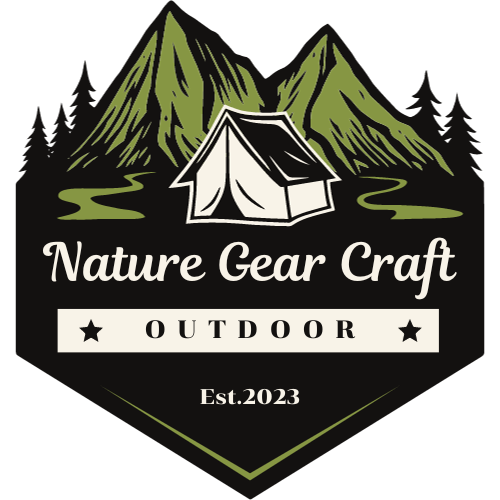© 2023 Nature Gear Craft. All rights reserved.


Are you a novice hunter who’s eager to get started but doesn’t know where to begin? Hunting might seem like a daunting task that requires experience, extensive knowledge, and a ton of equipment. However, once you get the hang of it, hunting can be a fun and rewarding experience that offers a host of benefits. It helps you connect with nature, improve your physical and mental wellbeing, and creates lasting memories with friends and family. In this beginner’s guide to hunting, we’ll take you through the basics, safety measures, and essential gear you’ll need to get started.
Know your game: Before you start your journey, it’s important to research and understand the animal species you intend to hunt. You’ll need to be aware of their habits, habitat, feeding times, and other behavioral patterns as it will help you narrow down the best spot to set up. Different animals require different hunting methods and techniques, so it’s essential to learn about their strengths and weaknesses.
Safety first: Hunting could be risky, so it’s crucial to take proper precautions to avoid accidents. Before setting out, read up on hunting safety laws and guidelines in your area, and invest in proper apparel gear such as camouflage clothing, strong boots, and a blaze orange vest. Always inform a friend or family member of your hunting locations, carry a first aid kit, and handle weapons with utmost care. Furthermore, make sure to practice shooting at a gun range before heading out, and learn how to use a map and compass as they can help you avoid getting lost.
Essential hunting gear: As a novice hunter, it’s understandable to get confused and overwhelmed by the numerous hunting gears available out there. However, the most important items you’ll need are a hunting rifle or bow, ammunition, a hunting knife, binoculars, a backpack, water bottles, and insect repellent. Make sure to invest in quality gear as it’ll help you perform better in the field and last for years.
Choose the right hunting spot: Location is everything in hunting, so make sure to scout the right hunting spots. You can get hunting information and maps from local wildlife offices, online research, or experienced hunters. Public lands, wildlife refuges, and game preserves are great spots to try your luck, but be aware of hunting zones and regulations for each area before you head out.
Be patient and persistent: Hunting requires you to have patience and a persistent attitude, you can’t expect to catch a trophy on the first day. Even more experienced hunters need to wait for hours or even days before they get a game. It’s crucial to have a positive attitude, be calm, and hone your skills while waiting in between your hunting sessions. You can also enjoy the peace and serenity of the outdoors while waiting.
Hunting is a fascinating and fulfilling activity that requires you to engage with nature, learn new skills, and create unforgettable memories. As a novice hunter, it’s crucial to have the right gear, learn hunting basics, and follow safety guidelines to make the most out of your hunting experience. Remember to be patient and persistent, enjoy the scenery, and have a blast hunting. We hope this guide has provided you with the necessary insights as you embark on your journey to becoming an experienced hunter. Happy hunting!